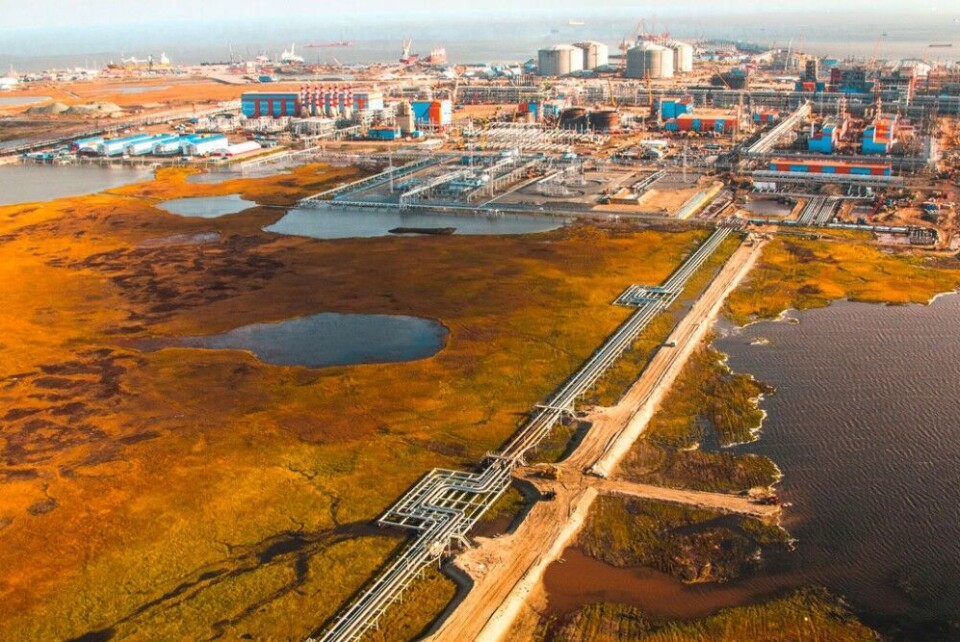
The great global energy shift could push Moscow towards plastics production on Arctic tundra
Russia's powerful petroleum industry feels a mounting pressure from alternative energy sources, and strong voices now say the country's vast natural gas resources in the Arctic should be used in petrochemical production.
There are almost endless natural gas resources in the Russian Arctic, but ultimately demands will shrink and markets vanish. The country’s powerful oil and gas industry now appears to gradually grasp what could end in economic disaster for the hydrocarbon-dependent nation.
Oil and natural gas account for more than half of Russian exports and natural gas alone amounts to more than $40 billion of annual revenues. A major share of that export is likely to vanish as main importer European Union succeeds in reaching its 2030 target of 60 percent cut in carbon emissions.
The rapid change in international energy markets was an underlying key element in Tuesday’s meeting on the development of petrochemical industry between President Putin and top energy sector representatives.
The meeting tool place in Tobolsk, a north Russian town that houses company Sibur’s new major petrochemical plant. In the room was head of Novatek Leonid Mikhelson, the man who is developing large LNG projects in the Yamal and Gydan Peninsulas, and on video link was Gazprom director Aleksey Miller and several other oil and gas leaders.
New projects
“We have to more actively promote Russian petrochemical production domestically and abroad and boost efficiency and production volumes,” Putin underlined in the meeting and made clear that several major projects worth about 5 trillion rubles are under planning.
According to the President, a total of 14 projects on new petrochemical production are on the table. Including in the Arctic.
Plastics products are among key items produced by petrochemical plants.
Yamal
The Yamal Peninsula was specifically presented as an area suitable for development of new plants. According to Deputy Prime Minister Aleksandr Novak, the far northern region’s major natural gas resources can be used as needed raw materials.
An expert group has now been set up by the Ministry of Energy together with energy companies to deal with the planning of a gas processing and petrochemical plants, Novak informed
“Petrochemistry is without doubt one of the alternative ways to take use of the huge resources of Yamal,” Novak underlined and explained that the far northern peninsula holds an estimated 26,5 trillion cubic meters of natural gas, 1,6 billion tons of gas condensate and about 300 million tons of oil.
From before, the Russian Arctic Strategy includes petrochemistry as a priority, and company Gazprom in 2019 is reportedly planning the construction of a gigantic petrochemical plant in Bovenenkovo, the company hub in the Yamal Peninsula. The plant will be able to produce about 3 million tons of plastics products polyethylene and polypropylene per year, company representatives said.
LNG
In the meeting with Putin, Deputy Premier Novak also highlighted the importance of LNG production in Yamal.
Up to 140 million tons of LNG can be produced in the area by year 2035, Novak said.
However, an increasing number of experts question the future of LNG in the far northern region. According to the Russian Ministry of Energy, new LNG projects in the area must be built before 2030. Projects built after 2030 might end up being not profitable, a draft federal LNG strategy referred to by newspaper VTimes concludes.
The main reason for that trend is the more competitive alternative energy sources that now quickly are embracing international energy markets.
















